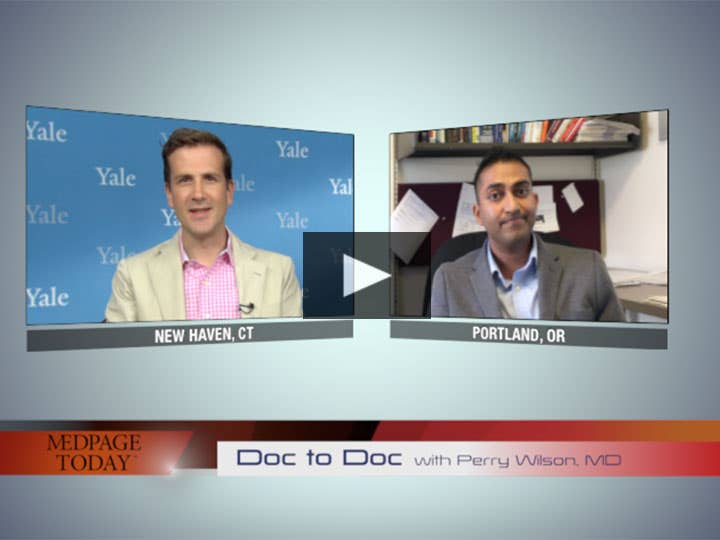I am a M3, and PM&R has definitely piqued my interest. Although a few things mentioned in this thread worry me.
I could care less that the general public has no idea what PM&R or a Physiatrist is, from a social/prestige factor when you mention it at a party, lol; but I do wonder what the impact of this is on something important like referrals or how patients being completely unaware of the specialty impacts practice business (i.e. generating patients)? I honestly can't think of another specialty that is as unknown as PM&R, and from a referral/business perspective, this is a little worrisome to me.
My second question is somewhat related to the first point; I don't mean this to be disrespectful, but it's hard for me (with admittedly limited knowledge) to immediately identify the bread and butter aspect of the specialty that is completely unique to PM&R. It seems like Ortho, Neuro, Rheum, Primary Care Sports Medicine, and Physical Therapists all do things that Physiatrists do. With almost every other specialty you can immediately describe their unique niche in specialty medicine, but with PM&R, it seems like several other specialists and health providers (i.e. PTs) do aspects of PM&R.
It's just hard to tell what the unique procedure/patient/condition is that PM&R handles, like you can with almost every other specialty. This also goes back to how this impacts referrals and patient volume.
It seems like such an interesting specialty, but for me, these are some major points of concerns, which make me hesitant in pursing it.

